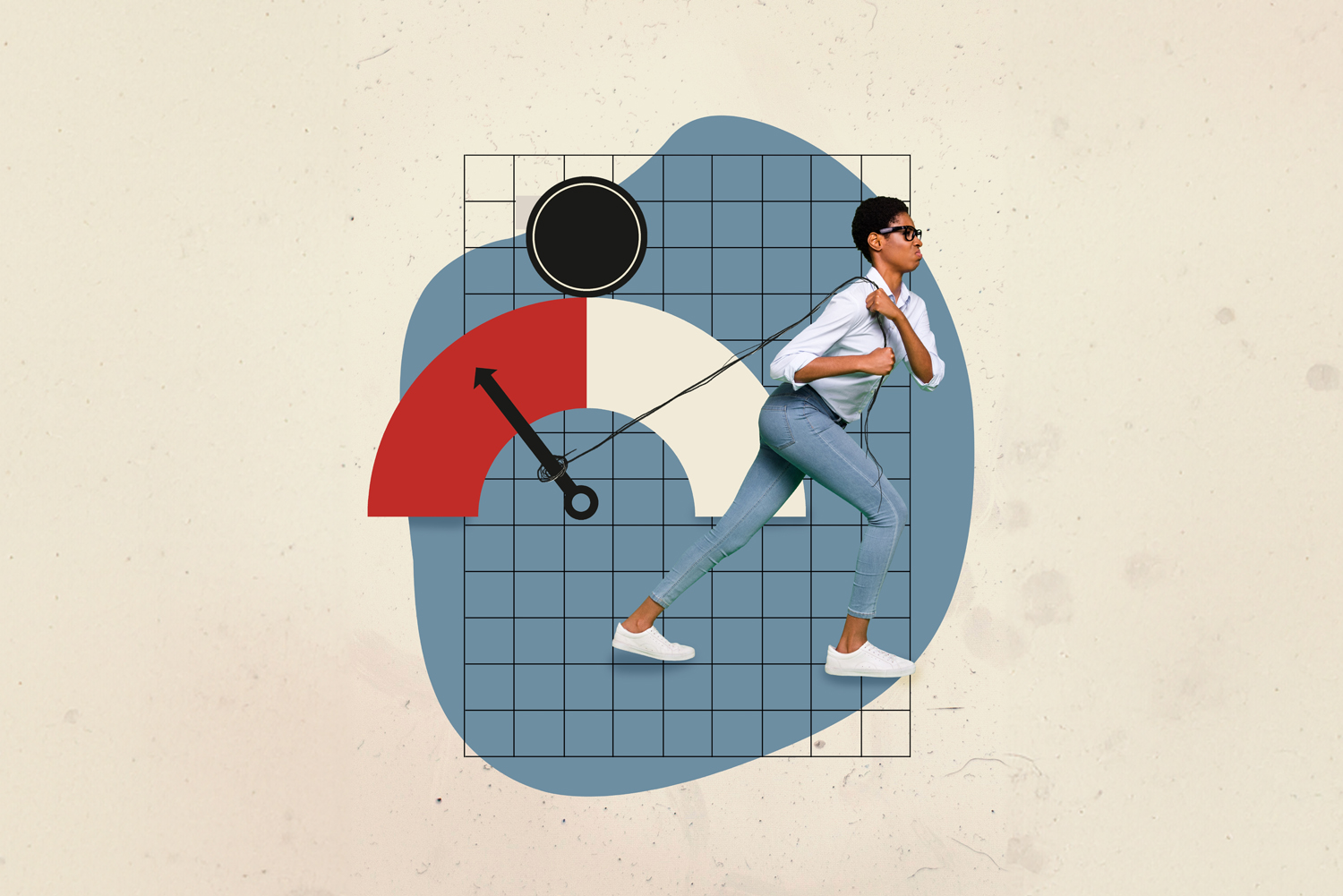Managing your finances is one of the most critical aspects of life, whether you're an individual or running a business. With rising inflation rates and global economic fluctuations, many of us feel constant pressure on our budgets and worry about our savings. While there are plenty of tips for saving and budgeting, many people still fall into common financial mistakes that cost them their hard-earned savings.
These financial mistakes can result in losses that aren’t always easy to recover from. But when you're in your 20s, you still have time to learn how to balance your financial commitments and achieve your short- and long-term goals. By understanding the common financial pitfalls and building healthy habits to avoid them, you'll gain more financial wisdom and be better positioned to reach your goals in the years to come.
In this article, we’ll cover the most common financial mistakes that can drain your money, and how to avoid them to maintain financial stability. Whether you're new to saving or looking to improve your financial management skills, this article will offer valuable insights.
Top 10 Financial Mistakes to Avoid in Your 20s
1. Spending More Than You Earn
If you’re spending your paycheck as soon as it hits your account, now’s the time to rethink your long-term approach. This habit can leave you in a financially unstable position, especially if you’re consistently spending more than you earn and relying on debt to cover your expenses. Look for ways to cut back on discretionary spending and redirect that money into savings instead of burning through it quickly.
2. Not Tracking Your Expenses
One of the most common mistakes people in their 20s make is not keeping track of their finances or expenses. Have you noticed your bank balance dropping constantly? Do you know how much you spend on food every week? Are you aware of your utility bills and how they fluctuate? Answering these questions is essential for effective money management.
Creating a budget and sticking to it can be a great way to track your monthly spending. There are plenty of tools and apps available now that help you set a monthly budget, identify categories where you can reduce spending, and ultimately improve your financial health.
3. Ignoring Your Debts
A common financial trap among young adults is the tendency to ignore debts or believe that they’re not an issue. For example, you might start avoiding calls from the bank or assume that delaying credit card payments gives you a free pass to keep spending. The reality is that your debt will only grow and become more harmful to your financial stability if you don’t take responsibility for paying it off.








